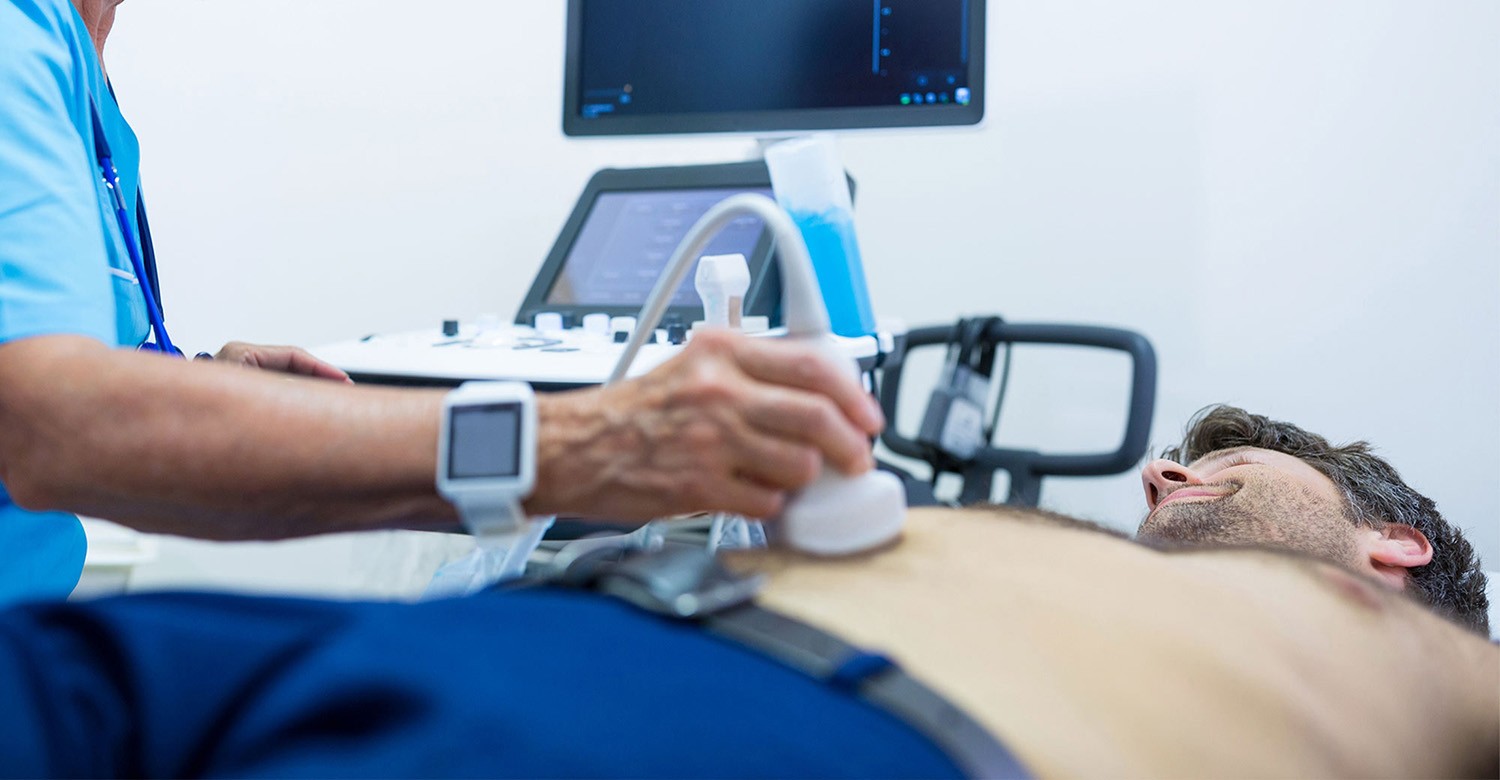Raise Awareness and Understanding in Bladder Health

Story by Jeanie Edgmon
Among the many health observances in November, it is easy for Bladder Health Month to get lost in the shuffle. Maybe it is because bladder conditions such as accidentally leaking urine (urinary incontinence), needing to go eight or more times per day (urinary frequency), getting up to go at night (nocturia), or having a very strong and sudden need to urinate (urgency) — are extremely common, may seem inconsequential, and are accepted as a part of aging. Bladder health, however, can be impacted by many things and is important to everyone of every age.
Bladder conditions are pretty difficult to discuss, even with our trusted physicians. Even when physicians ask, a patient may be too embarrassed to acknowledge they are having symptoms. As problematic as the symptoms are, it can become even more problematic when those suffering from them avoid physical activity, isolate, minimize its importance, or do not seek medical help.
Of all bladder conditions, incontinence is the most common. Over 25 million Americans live with incontinence each day. It impacts people of all ages. While common, it is not normal, and in many cases can be treated and improved. But because the issue is somewhat taboo, many people live with its symptoms not knowing that simple changes such as cutting caffeine intake, changing diet, exercise, weight loss, and even some medications can help.
Not only does our silence mean living with something simple that can be treated, but it could also mean not getting help for something potentially more serious and threatening to our health.
Most Americans do not realize that there is a wide range of conditions affecting the bladder. Conditions from Interstitial cystitis (IC)/bladder pain syndrome (BPS) which is characterized by the feeling of pain and pressure in the bladder area, to more serious conditions such as bladder cancer.
Our Silence has a Cost
Bladder Health Month exists to raise awareness that every bladder condition matters and deserves attention. Further, many conditions can be cured or dramatically improved with intervention, while ignoring symptoms can lead to more serious complications.
For example, Urinary Tract Infections cause more than 8.1 million visits to health care providers each year. About 60% of women and 12% of men will have at least one UTI during their lifetime. It is important to treat UTIs promptly because if left untreated the infection can spread to the kidneys and cause more serious and permanent damage.
Bladder conditions symptoms also frequently overlap. Pain or burning during urination, discolored urine, or trouble urinating may be a sign of a UTI but sometimes the symptoms may point to a more serious cause such as bladder stones or bladder cancer. This is why talking with a healthcare provider is so important.
Bladder Health is Gaining Awareness
Recently, bladder health awareness has increased significantly due to an unlikely cause, COVID-19. During the first wave of the pandemic which began in March of 2020, many patients began experiencing new-onset and worsening overactive bladder (OAB) symptoms resulting from cystitis, according to study results shared during the 2021 American Urological Association Annual Meeting. Some patients saw symptoms resolve while others have not. This shared experience across many ages has caused an increase in bladder health awareness and the willingness to discuss bladder conditions.

Exciting Advances in Bladder Cancer
The American Cancer Society states that around 80,000 people are diagnosed with bladder cancer each year. Fortunately, up to 80% of those are diagnosed with the disease in the early stages when it is most treatable.
Advanced bladder cancer is more challenging to treat but new research is uncovering potential improvements in treatment and monitoring which improve the long-term outlook of the disease.
Chemotherapy, one of the first-line therapies for any cancer including bladder cancer, can come with a wide range of harsh side effects. Because of this, many patients may want to take a break from treatment.
In research presented at the 2020 American Society of Clinical Oncology Virtual Scientific Program results revealed substantially improved results when starting immunotherapy shortly after chemotherapy to help prevent the cancer from recurring.
More recently, a study appearing in the August 31, 2021 issue of PLOS Medicine, reports the recent development of a urine biopsy to monitor bladder cancer. This easy-to-collect urine sample could allow doctors to determine whether the initial treatment eradicated the bladder cancer or left some remnants of disease behind. This increased insight could lead to fewer patients undergoing unnecessary surgeries and better cancer management.
It’s time we talk about bladder health. We at Healthy Kansas City want to encourage our readers to connect, educate and empower individuals across the country to get the facts about bladder conditions such as overactive bladder and take an active role in managing their bladder health.






